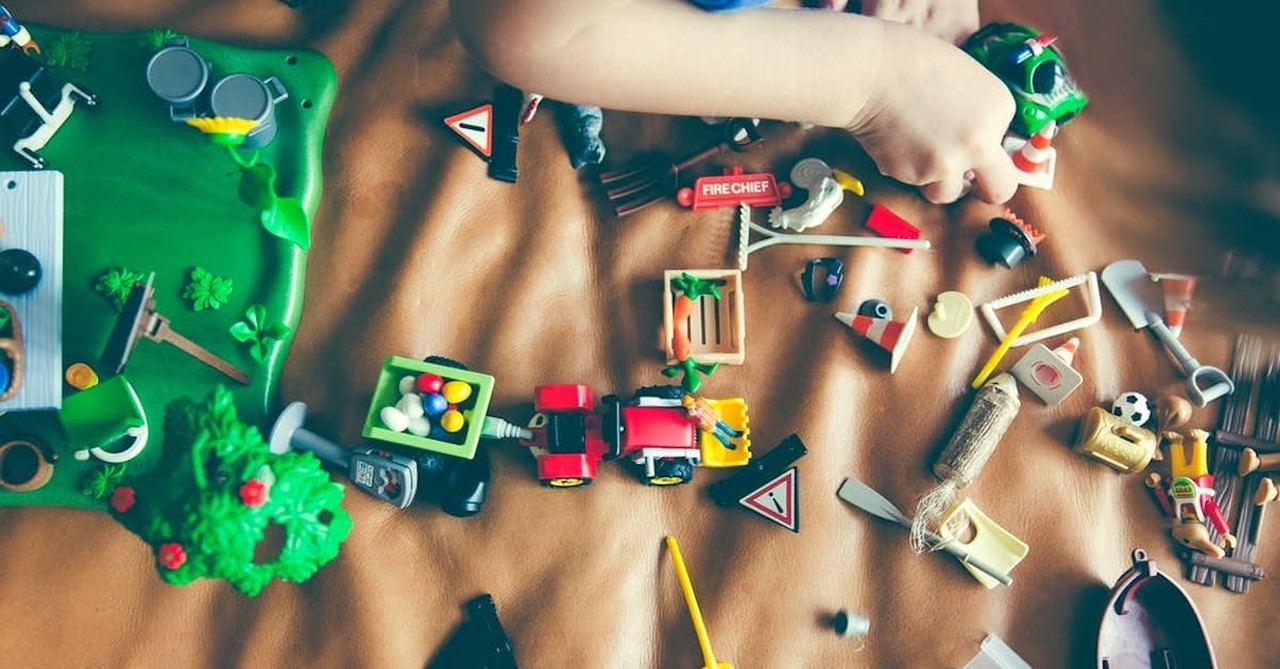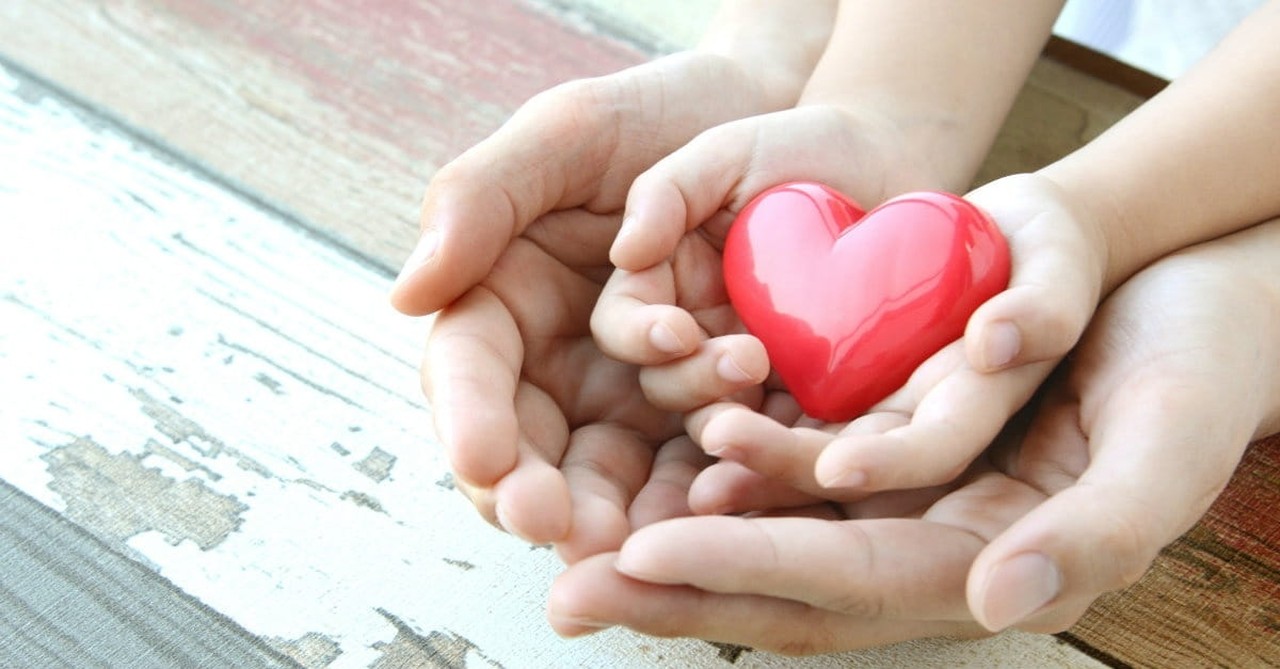12 Things You'll Never Regret Doing with Your Kids

If you’re a parent, you’re familiar with the scene: three green beans, now cold, on a small plate in front of your four-year-old, whose bottom lip protrudes almost far enough to catch her alligator tears. And you wonder, Is this worth the fight? (You are absolutely confident that you will not miss this part of your parenting years.)
There are other scenes you can’t wait to forget, too. Painful sessions at the kitchen table battling tears and math equations, debates with teenagers over dating, homework, driving—just about everything. Each snapshot reminds you that parenting wasn’t all talcum powder and butterfly kisses. But would you do it differently?
If you’re just starting out, you wonder, What are the essentials? What would someone experienced say about their parenting regrets?
Many of my mommy memories blur together, but I, like other parents with the early years far behind, can glance backward and realize what I should have done differently. The backward glance is so much clearer than the forward view.
I have a list of things I think I would change if I started parenting all over again. It’s a short list, and I’m not confident I would adhere to it. Too much loving and learning came from the agonizing wonder of actually parenting, even through my mistakes. Instead, I’ll share 12 things I don’t regret doing, things that sucked time and energy and were worth every moment.
These are the parenting tips I would do even more of, if I had the chance (that’s called grandparenting). In my book, these are the essential tips to Christian parenting without regret:
Photo courtesy: ©Thinkstock
1. Getting dirty and playing with your kids.

1. Getting dirty and playing with your kids.
SLIDE 1 OF 12
Sports, coloring, games, Legos, dolls, whatever. Just be a kid with them. I have spent a few decades playing hockey, Stratego, and Fantasy Football. (I’m not sure whether my boys enjoy playing with me or they just appreciate that with me in the game, they won’t come in last.) When your children become teens and adults, you will want to hang out and enjoy the same activities, so begin the skill of enjoying each other’s company while they are young. You will learn how they think and what they’re processing by actually playing with them. Plus, it’s fun to be a kid again.
Photo courtesy: ©Thinkstock
2. Doing the bedtime routine.

2. Doing the bedtime routine.
SLIDE 2 OF 12
I’m not talking about the quick “get-in-bed-this-minute-because-I-don’t-want-to see-you-til-morning” routine, although sometimes, that’s necessary. I mean read a few books and let them drag it out a little. When the lights are low and you’re snuggled in tight under the covers, your children will open up their little hearts to you. Somehow, sitting in bed with my kids gave them the freedom to talk about their faith, their relationships, and their fears. Sometimes, I’d stay while they drifted off to sleep, watching those thick lashes flutter and the heavy breathing begin. Watching them drift off to sleep filled me with wonder and thankfulness. (Two realizations that prove helpful for the next day’s battles.)
Photo courtesy: ©Pixabay
3. Traveling on road trips and vacations.

3. Traveling on road trips and vacations.
SLIDE 3 OF 12
If you're a parent of young children, you know that vacations are a mixed bag. Kids are over-stimulated, over-tired, over-sugared, and away from their predictable routines; parents are striving to get their money’s worth and make memories. Vacations can be stressful, even as they are rewarding. Focus on being together; lay a foundation of security, happiness, and fun. It really doesn’t matter what you do or where you go, and you don’t have to spend a fortune to get it.
Photo courtesy: ©Pixabay
4. Celebrating birthdays.

4. Celebrating birthdays.
SLIDE 4 OF 12
Make a big deal out of birthdays because it’s a day when your child is center-stage. I made our birthday celebrations more about surprise, joy, and friends than about supplying material wants. Build happy memories with your children that they can file away in their hearts and brains. Plan parties and take pictures. These days provided golden opportunities to value your kids as individuals and layer confidence and community in their hearts.
Photo courtesy: ©Pexels
5. Taking field trips.

5. Taking field trips.
SLIDE 5 OF 12
Educational experiences, like museums and battlefields, provide a rich environment for children to develop an appetite for hands-on learning. When your kids grow up equating education with fun and family, you reap a double-benefit: children learn to enjoy whatever they’re doing (i.e. you’re not the entertainment committee), and they also learn a lot of important information about science, history, art, literature, and human nature. As their spiritual leader, you also get to weave God’s truth into everything you experience—something they may not be getting during the school day. Outings provide the rare and valuable opportunity to teach your kids how to interpret their culture through the Creator’s eyes.
Photo courtesy: ©Pixabay
6. Attending their practices, games, programs, and concerts.

6. Attending their practices, games, programs, and concerts.
SLIDE 6 OF 12
At times, your children’s events seem unending, but they are worth the investment of your time, as much or more than the investment of your child’s time. These activities reinforce your child’s identity and security. While your child’s skill may reinforce that they are good at something, your attendance tells your child that she is worth your time, worth the discomfort of sitting through cold and heat, worth the misery of watching her ride the bench or freeze from stage fright. Your presence says You’re valuable, whether you’re successful or not. Parents who only show up for the big game or the big performance may be sending the message that I care how you perform more than I care how you develop as a person.
Photo courtesy: ©Pexels
7. Making church a priority.

7. Making church a priority.
SLIDE 7 OF 12
Without being legalistic, make church a high and inflexible part of your family routine. We didn’t skip church, because we wanted our kids to crave the Sunday experience and feel a void without it. Even though there are a lot of activities that vie for a family’s attention on a Sunday morning, going to church should be a regular habit—not to check the box of being a good Christian—but because regular attendance communicates to your kids that the body of Christ is a priority. Christian friends, discipleship, worship, and serving are all critical components of spiritual growth that can’t be fully realized outside the context of the local church.
Photo courtesy: ©Unsplash
8. Doing mission together.

8. Doing mission together.
SLIDE 8 OF 12
Your church and community offer endless opportunities for service that will generate in them a selflessness for others and a sense of responsibility. Reaching out into different cultures expands your child’s worldview and nurtures thankfulness. We fostered the desire for service by serving ourselves and by inviting (and, at times, requiring) our kids to join us in children’s ministry, camp ministry, mission trips, food preparation, Christmas shoeboxes and Angel Trees, visiting the sick and elderly, sponsoring children overseas, and more. It didn’t matter what we did; we showed our kids the joy of serving the body of Christ and the world. By the time our boys left for college, they had served the poor and disenfranchised in several foreign countries and our own city. Mission changed them.
Photo courtesy: ©Thinkstock/takasuu
9. Requiring the children to do regular household chores.

9. Requiring the children to do regular household chores.
SLIDE 9 OF 12
However you decide to divide chores and teach fiscal responsibility, emphasize to your children that families pitch in for the benefit of all. My kids had weekly and daily responsibilities, and I didn’t pay them to work for me. They did chores for the simple reason that they belonged to a family. I gave allowance money until age 13, but allowances represented the process of learning to save, spend, and give. I have no doubt that kids who receive allowance for chores done might also grow up valuing work and pitching in when asked; I just wanted to keep these lessons separate.
Photo courtesy: ©Thinkstock
10. Demanding obedience, honesty, and respect.

10. Demanding obedience, honesty, and respect.
SLIDE 10 OF 12
Children learn integrity by watching it lived out by their parents. If we manipulate, bribe, or trick our kids into behaving, they will likely grow up being good only when it benefits them. (In God’s vernacular, that’s not holiness; it’s convenience.) And here’s the real test: demand obedience everywhere, even in the grocery store. Yep, we’ve all been there. The cart is full, and your three-year-old throws an unholy fit. What should you do? I’ll pass along the wisdom given to me by an older mom: Leave your cart and leave the store. Go to the car to discipline them. Or go home, if you have to. But whatever you do, do not buy your child candy, do not threaten him, do not spank him, and do not ignore him. Discipline him. If you didn’t realize it, discipline is never convenient. But it’s much better to endure a pouting child than a rebellious teenager. It’s totally worth leaving your frozen food melting in your cart.
Photo courtesy: ©Thinkstock/digitalskillet
11. Teaching, learning, and living the Bible.

11. Teaching, learning, and living the Bible.
SLIDE 11 OF 12
Again with the spiritual habits. We read Bible stories every night and memorized Bible verses in the mornings. We sang gospel songs and saved our pennies for the offering plate. When I disciplined bad behavior in my children, I tried to quote or read a Bible verse explaining why the behavior was wrong. I constantly referred the chain of command upward: Mommy obeys Jesus, and you must obey Mommy. (That’s how you obey Jesus.) When parents model what following Christ looks like, kids learn that Christianity is a lifestyle, not a religion. That’s when the Christian life sticks.
Photo courtesy: ©Unsplash
12. Living my own life.

12. Living my own life.
SLIDE 12 OF 12
Strive to fulfill the calling God has placed on you. This isn’t an easy task with life pulling at you. When my kids were little, my life revolved around them (and to some extent, it still does); but I did not live my life for my kids. I live for God’s glory. This perspective changes everything. Kids learn to the value of prioritizing marriage, service, and personal health by watching you make time for maintaining these priorities in your life, even at the expense of saying no to them. Love your children without making your home child-centered. The result will be young adults who realize the world doesn’t revolve around them, who believe they have a responsibility to make their community a better place, in and outside the church.
As a parent, you will make many mistakes, so don’t make perfection your goal because you will never achieve it. But you can love your kids and raise them to be responsible, polite, God-glorifying adults. That’s the real objective in parenting anyway. Parenting is about God’s mission for the world.
Sue Schlesman is a Christian writer, teacher, and speaker. Her blogs, fiction, and non-fiction reach a wide audience. You can find her philosophizing about life, education, family, and Jesus at www.susanwalleyschlesman.com and www.7prayersthatwork.com.
Photo courtesy: ©Thinkstock
Originally published October 15, 2023.









